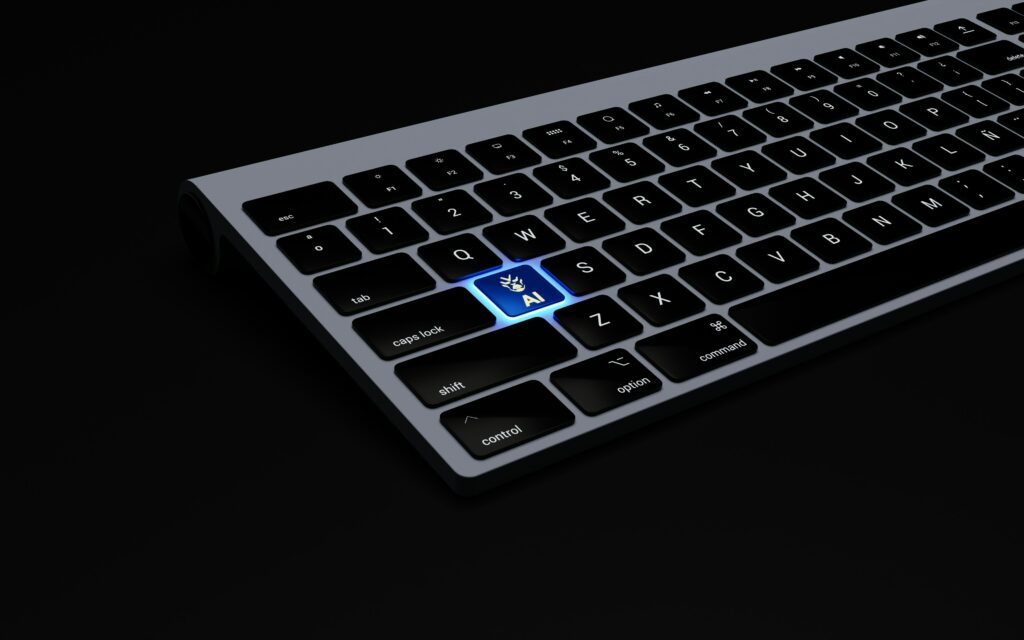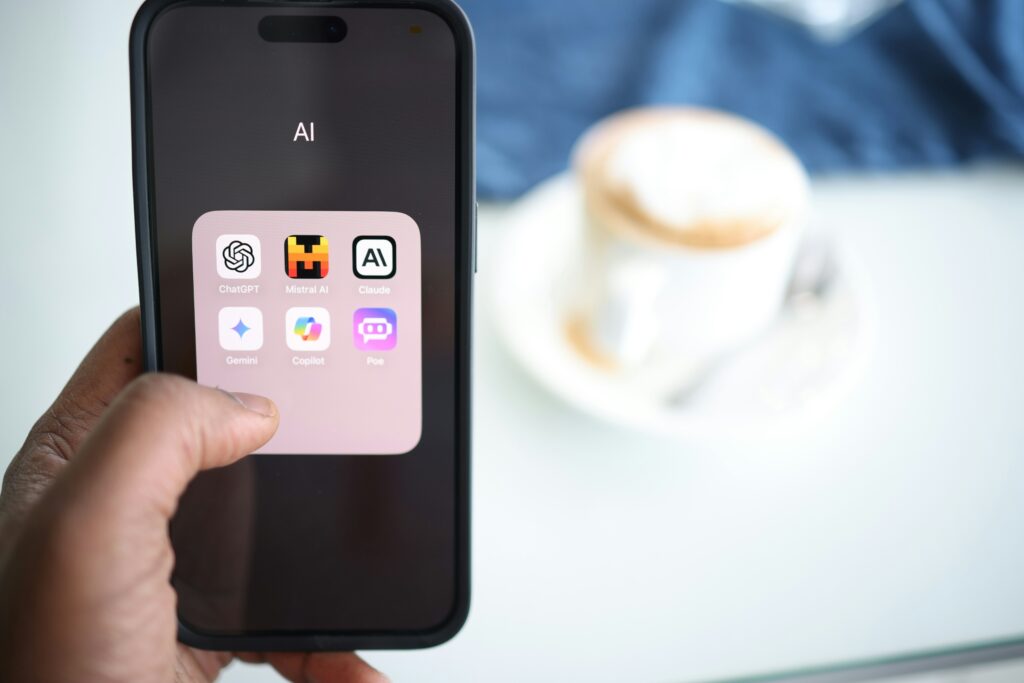The emergence of AI in recent years has had a huge influence on PR, with the idea that many tasks previously done by humans could now be automated. However, caution is still needed when it comes to using AI in PR.
Rather than dismissing AI’s influence, PR professionals are being urged to embrace it and use it to their advantage, replacing mundane, time-consuming tasks and refocusing their time on activities where human intelligence remains crucial.
Leveraging AI in PR and how it can help you

Can AI write a press release?
AI software like ChatGPT has emerged in recent years claiming to have the ability to write a press release from scratch. These tools can detect and correct grammar, punctuation, and formatting errors, ensuring your release is grammatically accurate and free of mistakes.
However, the reality of this sort of technology is that it is only effective if the user knows what detail to input in order to get the most from it. AI generated content sometimes answers questions with false information, so double-checking everything it produces is vital. The idea of copying and pasting an AI-generated press release straight into your distribution email is far away from reality with the current ability level of AI.
Things like the tone and formality of the language used, resulting in more authentic and impactful press releases, is impossible to replicate. AI press release generators can generate content based on data analysis, but it is your responsibility to add industry knowledge, insights, and your brand’s unique voice.
Asking ChatGPT to write a press release for you might give you a base to work from, but it will inevitably need extensive amendments before it is anywhere near ready to be distributed. That may leave you wondering whether the time you spent making the changes could have been used to write the release from scratch yourself.

AI-generated data
A key area where AI is revolutionising the PR world is in the acquisition and interpretation of data. Through AI-powered analytics, PR professionals can digest vast volumes of data, uncovering valuable insights that guide strategic decisions.
You can use AI software like Google Analytics to check the effect a press release has had on visits to your website, or Google Trends to identify an uptick in searches for your business online. It can also help you prove that your PR campaign has been a success through historical data analysis, tracking market trends and the performance of PR communication campaigns, helping you to secure a budget for future campaigns.
AI data collection can also be used to analyse online conversations, social media mentions, and news articles to assess public sentiment toward a business. This helps to identify positive or negative sentiment patterns, track the effectiveness of PR campaigns, and manage and safeguard your company’s reputation.
Linked to this is the use of AI in the event of a crisis, as those same tools can be used to assess public sentiment, giving you the ability to draw up a response if something has gone wrong. Getting crisis communication right is absolutely essential to mitigate damage to your company’s reputation, so AI analysis is absolutely your friend in these circumstances.
Implementing AI requires an understanding of its limitations and potential pitfalls, and the need for continuously updating and reassessing the algorithms you are asking for. The idea of expecting AI to get results without any effort from you remains unrealistic, but the PR industry should enjoy its advantages rather than criticise its limitations because AI technology is here to stay.

If you’ve got a draft of your next press release and aren’t sure where to go next, our experienced team is here to help.
Head to our online ordering system to place your order today.
